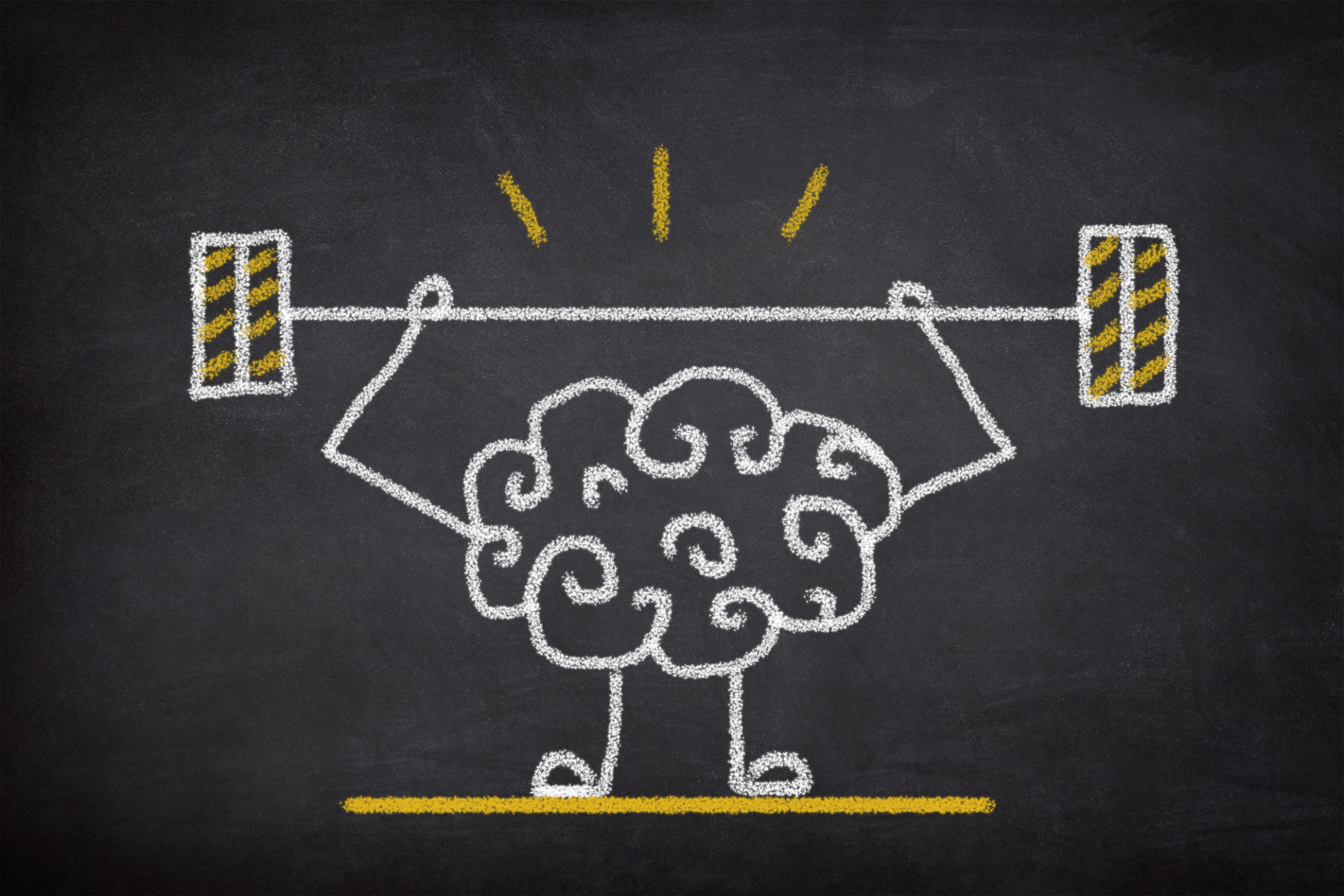Comprehensive Guide to Brain Health: Tips for a Healthier Mind
The Importance of Brain Health
In today's fast-paced world, maintaining optimal brain health is crucial for overall well-being. A healthy mind not only improves cognitive functions but also enhances emotional stability and resilience. Understanding the factors that contribute to brain health can empower you to make informed choices that benefit your mental and physical health.

Nutrition and Brain Health
The food you consume plays a significant role in brain function. A diet rich in antioxidants, good fats, vitamins, and minerals provides energy and aids in protecting against brain diseases. Some of the best foods for brain health include:
- Fatty fish: High in omega-3 fatty acids, essential for brain development.
- Berries: Packed with antioxidants that help reduce inflammation and oxidative stress.
- Nuts and seeds: Great sources of vitamin E, linked to less cognitive decline as you age.
Physical Exercise for Cognitive Enhancement
Physical activity isn't just beneficial for your body; it also boosts brain health. Regular exercise increases blood flow to the brain and stimulates the release of hormones that promote the growth of brain cells. Activities like walking, swimming, or yoga can be incredibly effective in maintaining mental sharpness.

Mental Exercises and Cognitive Training
Just as physical exercise strengthens the body, mental exercises can enhance cognitive functions. Engaging in activities that challenge your brain, such as puzzles, memory games, or learning a new skill, can help maintain and improve cognitive abilities. These activities encourage the development of new neural pathways, keeping the brain agile.
Importance of Sleep
Quality sleep is vital for brain health. During sleep, the brain clears out toxins and consolidates memories from the day. Lack of adequate rest can lead to impaired cognitive function and mood disturbances. Aim for 7-9 hours of uninterrupted sleep each night to support optimal brain function.

Social Connections and Emotional Well-being
Strong social ties are crucial for maintaining a healthy brain. Interacting with others can help ward off depression and stress, both of which contribute to cognitive decline. Make an effort to nurture relationships and engage in social activities regularly to keep your mind active and resilient.
Avoiding Harmful Habits
Certain lifestyle choices can negatively impact brain health. Smoking, excessive alcohol consumption, and drug use can all lead to cognitive decline. By avoiding these harmful habits, you can protect your brain from unnecessary damage and maintain mental clarity.

Conclusion: Taking Charge of Your Brain Health
Your brain is one of your most valuable assets, and taking care of it should be a priority. By adopting healthy lifestyle habits, such as balanced nutrition, regular physical activity, mental exercises, and ensuring quality sleep, you can enhance your cognitive function and overall well-being. Remember, it's never too late to start making positive changes that support brain health.